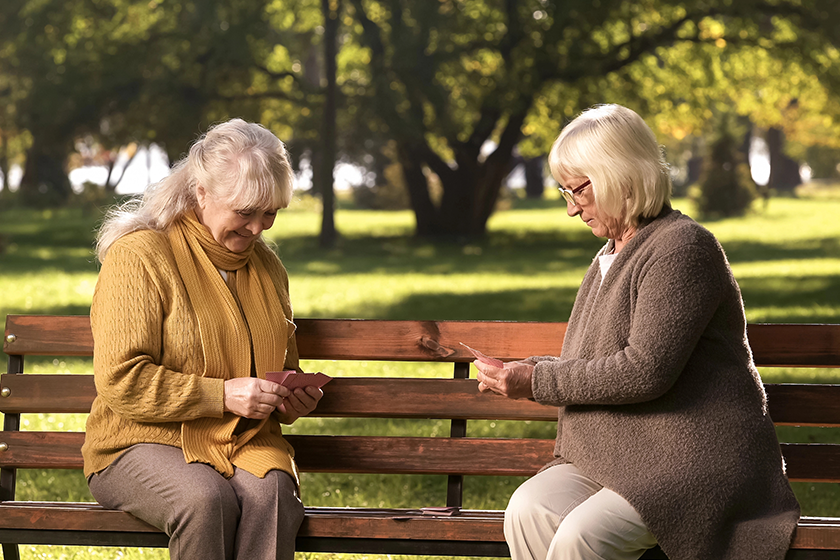As people age, the importance of maintaining social connections cannot be overstated, particularly concerning mental health. For individuals in retirement, regular social interaction is not just a pastime; it is a vital component of their overall well-being. Engaging with family members, friends, and neighbors can dramatically improve the quality of life, providing both mental and emotional benefits. This article explores how socializing and seniors’ mental health can be interlinked and suggests ways retirement communities can support this essential activity.
The Impact of Socializing on Mental Health
Socializing plays a crucial role in enhancing cognitive function among elderly individuals. Studies have shown that older adults who regularly engage in social activities and maintain interpersonal relationships tend to experience slower cognitive decline compared to their less social peers. The stimulation of regular conversation and interaction helps keep the mind sharp, enhancing memory and critical thinking skills.
Moreover, being part of a social network can lead to increased feelings of belonging and purpose, which are essential for mental health. Additionally, engaging in diverse group discussions and activities can provide a constant source of new stimuli, which encourages mental agility and adaptability. These dynamic social environments can significantly enrich the lives of older adults, fostering a sense of community and mutual support.
Reducing the Risk of Depression and Anxiety
Isolation and loneliness can lead to significant mental health challenges, including depression and anxiety. In contrast, older adults who are more socially active manage stress better and report lower levels of depression and anxiety. The support systems that come from being part of a community play a significant role in this.
Regular contact with others provides emotional support, which can buffer against the stressors of aging and contribute to a more optimistic outlook on life. Retirement communities can facilitate these interactions by organizing regular social events and activities that encourage participation from all residents.
Enhancing Emotional Well-being Through Engagement
Engagement in meaningful activities can significantly boost emotional well-being in older adults by providing a sense of accomplishment and satisfaction. In retirement communities, social programs that include hobbies, games, educational classes, and group exercises offer residents opportunities to engage not only socially but also intellectually and physically. Such activities can help maintain an individual’s self-esteem and identity, particularly in an environment where they may feel vulnerable due to age-related changes or health issues.
The Role of the Community in Fostering Social Bonds
Retirement communities are uniquely positioned to foster social bonds among residents. By designing spaces that encourage interaction and providing a calendar full of social events, these communities can help residents form new friendships and strengthen existing ones. Furthermore, the team members in these communities are instrumental in facilitating engagements and interactions. They can create a welcoming atmosphere and assist residents in overcoming any physical or psychological barriers to participation.
Socializing is not just about passing the time; it is about enriching lives. In retirement communities, where residents often face various challenges associated with aging, fostering an environment that encourages social interaction can dramatically improve mental health and overall well-being. For those looking to live better and healthier in their golden years, a retirement community that values and promotes social connections may be the key to a fulfilling life.








